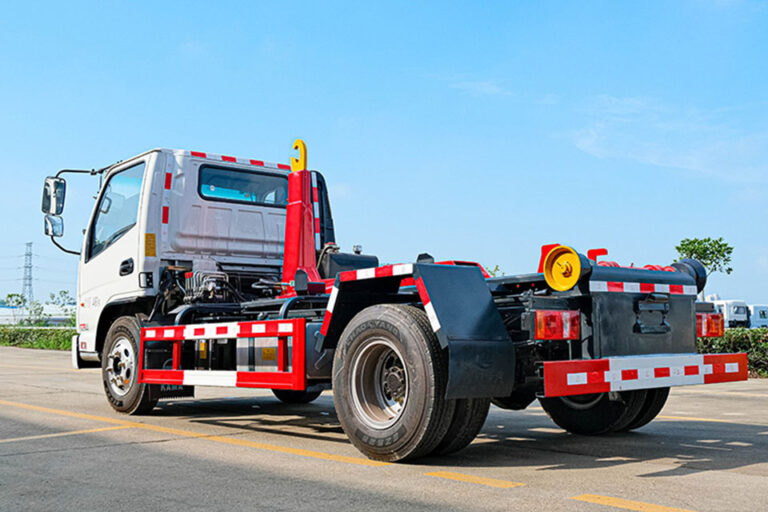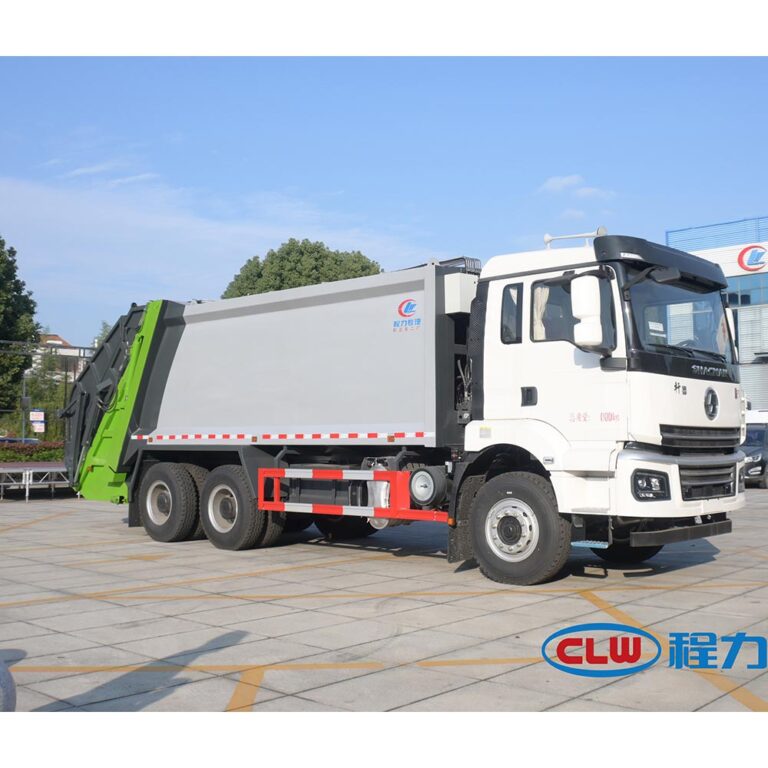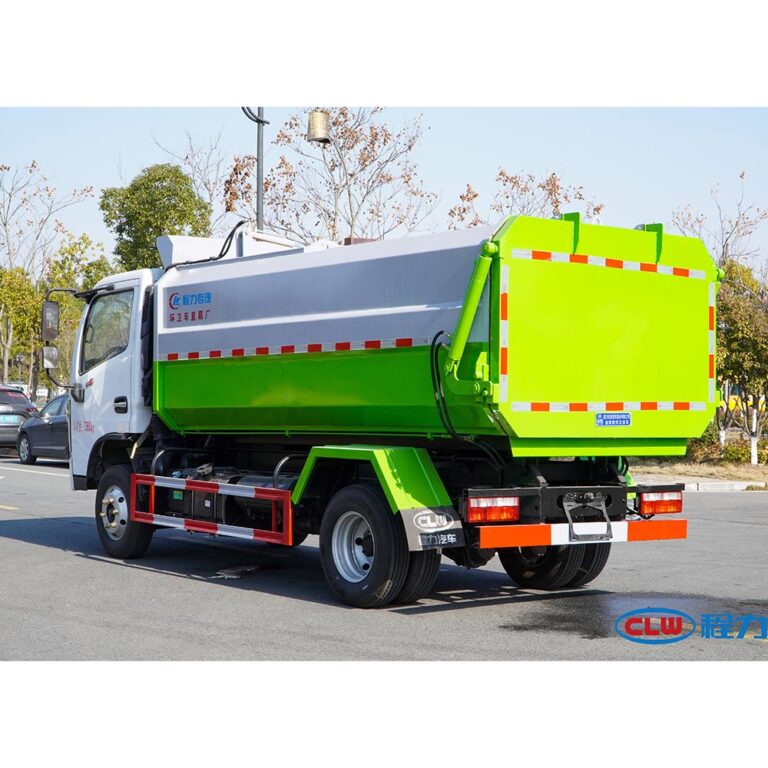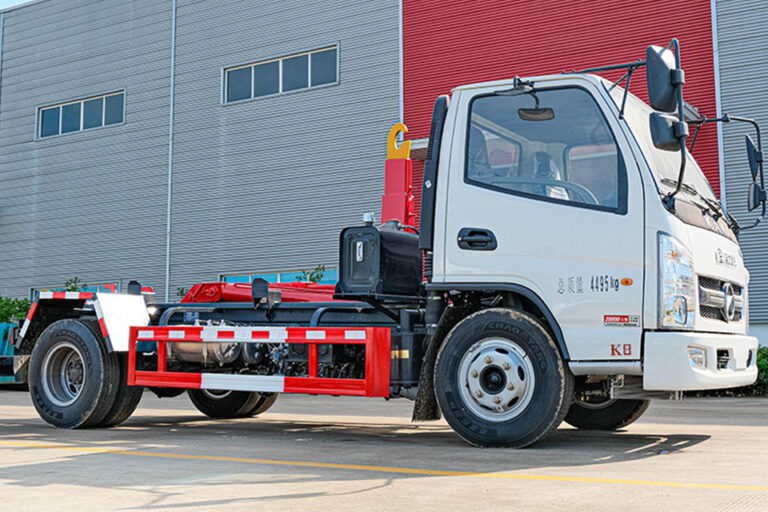
нужно ли вам водительское удостоверение, чтобы купить грузовик
Нужен ли вам CDL для вождения грузовика? Навигация по миру коммерческих автомобилей
Вам интересно, нужен ли вам CDL управлять автомобилем грузовик? Этот вопрос часто возникает как у частных лиц, так и у предпринимателей. Думаете ли вы о том, чтобы открыть свой собственный автотранспортная компанияЕсли вы хотите узнать о правилах вождения или просто хотите разобраться в них, мы подготовили эту статью, чтобы разъяснить правила вождения автомобиля. грузовик без права управления транспортным средством. В этой статье вы найдете необходимые знания, чтобы сориентироваться в требованиях, финансировании и возможностях индустрии грузоперевозок. Продолжайте читать, чтобы узнать все, что вам нужно.
Оглавление
Что такое CDL и почему он важен для вождения грузовика?
Коммерческие водительские права (CDL) - это особый тип водительских прав. водительские права что позволяет управлять крупногабаритными, тяжелыми или потенциально опасными транспортными средствами. В отличие от обычные водительские права, a CDL удостоверяет, что вы обладаете знаниями и навыками для работы с коммерческие автомобили безопасно. Это особенно важно, потому что грузовикиособенно полугрузовикиОни сложны в эксплуатации и при неправильном обращении могут быть опасны. На сайте CDL это не просто бумажка, это удостоверение, подтверждающее вашу компетентность и приверженность безопасности на дороге.
Почему CDL так важна в грузовик мир вождения? Подумайте об огромном размере и весе автомобиля. полуприцеп. Эти транспортные средства, часто имеющие значительные грузДля безопасного маневрирования требуются специальные навыки. Водитель с CDL прошел специальную подготовку, сдав письменные и профессиональные тесты, охватывающие все аспекты - от осмотра автомобиля до техники безопасного торможения. Такая подготовка снижает риск аварий, защищает других водителей и обеспечивает безопасность грузоперевозки. Кроме того, наличие CDL является фундаментальным требованием для многих транспортных и логистических операций. Без CDLВы не можете законно управлять многими видами транспортных средств. грузовики используемый для коммерческое использованиечто может ограничить ваши возможности в грузоперевозки промышленность.
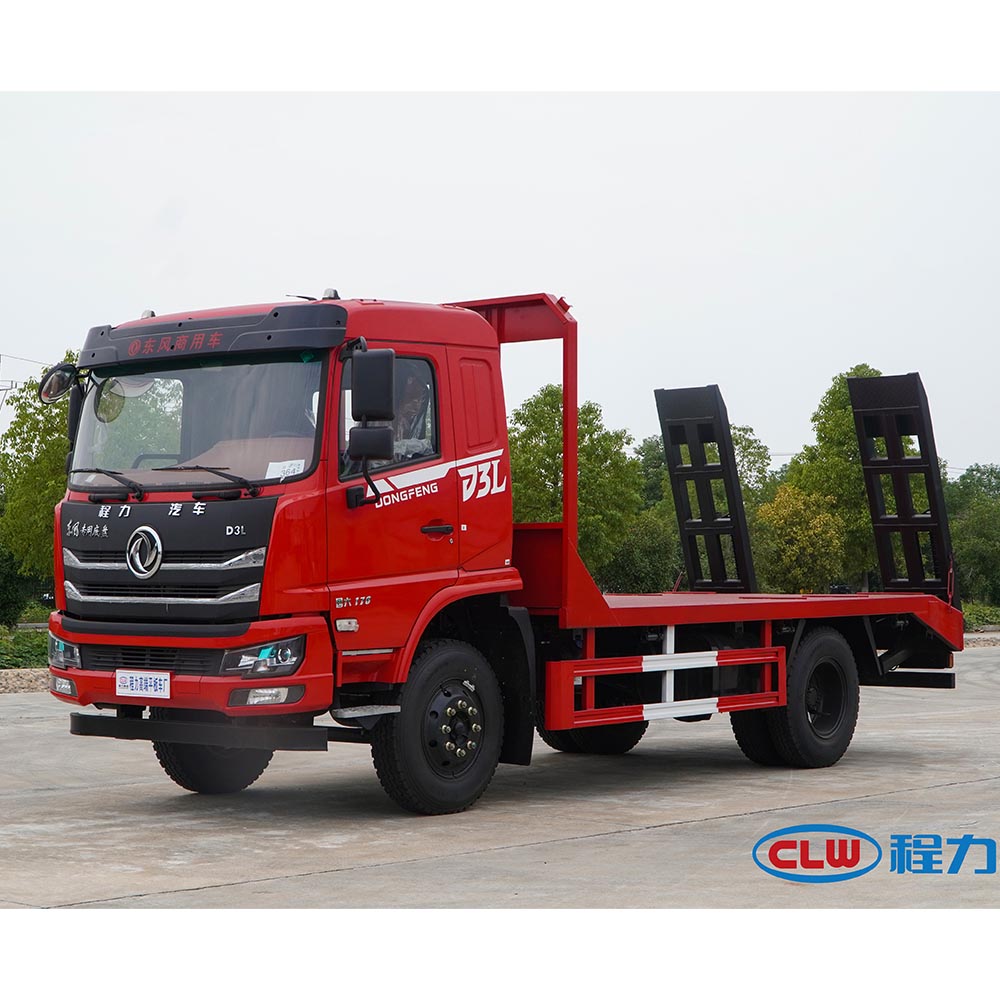
Для каких видов транспортных средств требуется лицензия CDL?
Когда нужно определить, какой типы транспортных средств, требующих a CDLПравила основаны на нескольких ключевых факторах, в первую очередь на полная масса автомобиля рейтинг (ПОЛНАЯ МАССА) и тип транспортного средства. Наиболее распространенный сценарий включает в себя автомобили с ПОЛНАЯ МАССА весом 26 001 фунт и более. Сюда входят многие полугрузовики, большая доставка грузовикии некоторые виды тяжелой строительной техники. Любой одно транспортное средство с полной массой превышение этого предела обычно требует специальной лицензии, the CDL. Кроме того, автомобили, предназначенные для перевозки 16 и более пассажиров, включая водителя, или автомобили, перевозящие опасные материалы, требующие размещения табличек, почти всегда требуют CDLнезависимо от их требования к весу.
Еще одна область, в которой CDL решающее значение имеет работа сочетание транспортных средств. Обычно это тягач, который тянет за собой прицеп или несколько прицепов. Если в совокупности вес грузовика и буксируемый автомобиль превышает 26 000 фунтов или прицеп вес превышает 10 000 фунтов, вы требуется водительское удостоверение. Эта категория включает в себя множество полугрузовики и другие крупные буровые установки, перевозящие значительные груз на автомагистралях и в городах. Для владельцы бизнеса, понимая эти требования к весу очень важна, особенно если учитывать тип грузовик для работы. Кроме того, для тех, кто иметь водительские праваОчень важно быть в курсе любых индоссамент которые требуются для определенных типов груз или буксируемый автомобиль. Мы можем помочь владельцы бизнеса чтобы выбрать правильный тип грузовик для их нужд.
Можно ли управлять полуприцепом без CDL?
Короткий ответ: как правило, нет, вы не можете управлять полугрузовик без CDL когда грузовик используется в коммерческих целях. Это происходит потому, что полугрузовики почти всегда превышает требования к весу которые вызывают необходимость коммерческие водительские права. A полуприцеп большой грузовик предназначен для перевозки тяжелых грузов, что делает его коммерческий автомобиль которые непосредственно относятся к компетенции федеральных властей и властей штата департамент транспорта правила, которые обычно требуется водительское удостоверение. Итак, если вы думаете о том. купить полуприцеп для перевозки грузов для вашей компании, или создание собственной автотранспортной компанииВам понадобится водитель, у которого есть коммерческие водительские праваи соответствующее обучение, которое к этому прилагается.
Однако могут быть и очень специфические, ограниченные исключения. Например, некоторые сельскохозяйственный автомобиль операции, или другие специализированные сценарии, где полуприцеп Может эксплуатироваться в пределах очень небольшой территории или для очень конкретных целей и не требует CDLОднако эти ситуации весьма необычны и не относятся к общим коммерческое использование. Важно всегда проверять местный департамент автотранспорта или департамент транспорта вашего штата, чтобы убедиться, что вы полностью соблюдаете правила. Если вы хотите стать водитель грузовика и законно управлять автомобилем a полуприцеп, получение CDL это абсолютно необходимо, а не просто вариант. Если вы владелец бизнеса и хочу начать грузоперевозки бизнеса, вам потребуется нанять водитель cdl или получить cdl себя.
Каковы требования CDL для разных типов грузовиков?
Особые требования к CDL может варьироваться в зависимости от типа грузовик вы собираетесь работать, и класс лицензии, которая требуется. Сайт CDL Система подразделяется на различные классы, в первую очередь на классы A, B и C. Класс A CDL как правило, требуется для эксплуатации любого сочетание транспортных средств с полная масса комбинации (GCWR) весом 26 001 фунт или более, при условии, что буксируемый автомобиль имеет ПОЛНАЯ МАССА более 10 000 фунтов. Это самый распространенный тип CDL необходимый для полугрузовики и другие дальние рейсы грузовики. Класс B предназначен для одиночное транспортное средство с полной массой весом 26 001 фунт или более, или одиночный автомобиль с ПОЛНАЯ МАССА 26 001 или более, или автомобиль, предназначенный для перевозки 16 или более пассажиров, и не соответствующий требованиям класса A. Это для тех, кто водит большие автобусы, самосвалы грузовики, и прямо грузовики.
A класс C CDL Обычно используется для автомобилей, которые не соответствуют критериям класса A или B, но все же нуждаются в CDL из-за пассажировместимости (16 и более) или перевозки опасных материалов. Помимо класса CDLЕсть несколько индоссамент которые могут потребоваться в зависимости от типа груз что вы перевозите. Вам может понадобиться разрешение на перевозку опасных материалов индоссамент, Пассажир (P) индоссамент для автобусов, или Школьный автобус (S) индоссамент. Эти дополнительные индоссамент требуют дополнительного обучения и тестирования. Поэтому прежде чем вы решите, какой грузовик вы будете управлять автомобилем всегда уточняйте у местных департамент транспорта чтобы найти, какой лицензия на эксплуатацию это то, что вам нужно, и для чего вам нужно водительское удостоверение для. Например, если у вас есть грузовик используемых для перевозки легковоспламеняющихся жидкостей, вам необходимо иметь при себе соответствующую индоссамент.
Как открыть грузовую компанию без водителя CDL?
Создайте свой собственный автотранспортная компания без водитель cdlили без наличия cdl себя, вполне возможно. Но это не без трудностей. Для начала необходимо сосредоточиться на деловой стороне дела, а не на вождении. Для начала можно нанять квалифицированных специалистов. коммерческие водителиКаждый из них имеет соответствующую лицензию. Эти люди будут отвечать за повседневные операции по перевозке грузов, в то время как вы будете заниматься вопросами управления бизнесом, такими как составление графиков, бухгалтерский учет и работа с клиентами. Такой подход позволит вам использовать широкие возможности грузоперевозки и грузоперевозки брокерская индустрия без непосредственного управления грузовики.
В качестве альтернативы вы можете начать с небольшого автопарка и заключить договор на вождение, сосредоточившись на развитии бизнеса и расширении своих возможностей. грузовик постепенно. Это может включать поиск водителей, которые владельцы-операторы со своим собственным грузовикии работать с ними над выполнением контрактов на перевозки для ваших клиентов. Такой подход позволяет вам начать грузоперевозки бизнес и узнать о грузоперевозки мир без необходимости сразу же брать на себя ответственность за управление собственным грузовик. Если вы нацелены на управление, вы также должны планировать рост, а это может включать в себя получение должности CDL самостоятельно или нанять штатного сотрудника. водитель cdl.
Какие шаги необходимо предпринять для получения прав CDL?
Процесс получения лицензия CDL Это несложно, но требует усердной подготовки и стремления овладеть необходимыми навыками. Первым делом всегда следует обратиться в местный Департамент автотранспорта. Обычно для управления автомобилем вам необходимо соответствовать некоторым основным требованиям, например, быть не моложе 18 лет. грузовик в пределах вашего штата или не моложе 21 года, чтобы управлять автомобилем через границы штата. Следующий шаг - получение коммерческого разрешения ученика (CLP), для чего необходимо сдать письменный экзамен. Этот тест охватывает различные темы, такие как общие знания, пневматические тормоза и комбинированные транспортные средства.
Получив CLP, вы должны пройти программу обучения в сертифицированной школе или у инструктора, которая охватывает все навыки, необходимые для управления автомобилем. коммерческий автомобиль. Конкретная подготовка будет зависеть от класса CDL которые вы планируете получить, и любые индоссамент что вам может понадобиться. Как только вы пройдете обучение и почувствуете себя готовым, вам назначат практический экзамен по вождению, который включает в себя осмотр автомобиля, проверку базовых навыков управления и тест на вождение на дороге. После успешного прохождения всех этих этапов вы, наконец, получите официальное удостоверение CDL. Помните, что вам также необходимо иметь действующий медицинская карта чтобы сохранить свой CDL.
Какие варианты финансирования грузовиков подходят для моего бизнеса?
Сайт финансирование грузовиков Мир предлагает множество способов приобрести новый грузовик для вашего бизнеса, или полуприцеп. Несколько финансовые компании специализируются на предоставлении кредитов и лизинговых опций с учетом потребностей грузовик операторы и автотранспортные предприятия. Банки, кредитные союзы и специализированные кредиторы предлагают различные финансирование коммерческих грузовиков Такие варианты, как обеспеченные кредиты, где грузовик В качестве залога используется само оборудование, или лизинг оборудования, когда ваш бизнес может распределить расходы на длительный срок. Выбор оптимального подхода зависит от ваших конкретных потребностей и ситуации в бизнесе.
При исследовании варианты финансированияПоэтому очень важно сравнить процентные ставки, сроки погашения и любые дополнительные комиссии, связанные с этими видами кредитов. Некоторые кредиторы предлагают финансирование и для других видов оборудования, которое может быть хорошая инвестиция для растущего бизнеса. Всегда изучайте мелкий шрифт, прежде чем брать на себя обязательства. Также обращайте внимание на требуемый первоначальный взнос и кредитные требования, предъявляемые этими компаниями. Высокий кредитный рейтинг и продуманный бизнес-план повысят ваши шансы на получение благоприятных условий. финансирование грузовиков условия. Всегда учитывайте, что при любом финансирование грузовиков и план платежей, обязательно учитывайте не только стоимость кредита, но и стоимость обслуживания, страховки и разрешений.
Как требования к финансированию влияют на покупку полуприцепа?
Сайт финансовые требования для полуприцеп обычно немного более строгие, чем для других транспортных средств. Кредиторы обычно учитывают несколько факторов, включая вашу кредитную историю, историю бизнеса, движение денежных средств и тип автомобиля. грузовик вы планируете купить полуприцеп. Выше оценка и кредит всегда выгодно, так как это обеспечит лучшие процентные ставки и условия оплаты. Для владелец бизнеса без водительских прав, получая полуприцеп можно, но финансирование грузовиков Процесс должен осуществляться при наличии четкого бизнес-плана и надежной стратегии использования грузовик прибыльным, а это может означать наем водитель cdl. Кредитор должен быть уверен, что ваш бизнес вернет кредит.
Для тех, кто ищет финансирование полуприцеповСуществуют специализированные программы финансирования полуприцепов разработаны для того, чтобы помочь найти подходящий вариант финансирования для вашего бизнеса. Эти программы часто включают в себя различные виды кредитов, лизинга и даже варианты для старых грузовики или для конкретных производителей. Всегда полезно походить по магазинам и сравнить, что предлагают разные кредиторы. Обязательно задавайте вопросы обо всех аспектах кредита, включая любые дополнительные комиссии. Это очень важно, когда вы начинаете свой собственный бизнес. грузовой бизнес. Обеспечение безопасности финансирование полуприцепов это не просто приобретение автомобиля, это создание устойчивого фундамента для вашего транспортный бизнес в долгосрочной перспективе. Убедитесь, что вы учли все расходы и не переборщили.
Какие страховые и нормативные аспекты необходимо учитывать?
Эксплуатация грузовик, особенно для коммерческое использованиеВ этом деле существует сложная паутина нормативных и страховых требований. В первую очередь, все коммерческие водители необходимо соблюдать федеральный и государственный правила, включая регулярный осмотр и техническое обслуживание транспортных средств, а также соблюдение правил о часах работы. Несоблюдение этих правил может привести к крупным штрафам и даже к закрытию вашего бизнеса. Кроме того, в Департамент транспорта Существуют особые правила безопасности, которых вам необходимо придерживаться, особенно если вы перевозите опасные материалы. Как владелец бизнесаНо вы также несете юридическую и этическую ответственность за обеспечение безопасной работы вашего грузовики и безопасность ваших водителей.
Страхование - еще один жизненно важный элемент для работы любого грузовой бизнеси виды страхования может включать в себя покрытие общей ответственности за ущерб или травмы, нанесенные другим лицам во время эксплуатации вашего автомобиля. грузовики. Также вам понадобится страхование ответственности для защиты себя и своего бизнеса от судебных исков, а также страхование груза, которое обеспечивает покрытие любого повреждения или потери вашего груз. Кроме того, вам может понадобиться получить управление грузоперевозокЭто разрешение, позволяющее вам работать в качестве перевозчика. Всегда консультируйтесь со специалистом по страхованию, имеющим опыт в грузоперевозки чтобы гарантировать вам правильное покрытие для ваших конкретных нужд. Эти нормативные требования сложны, и их нельзя упускать из виду.
Чем вам могут помочь наши производственные заводы?
Как грузовик производственные предприятия, мы обладаем уникальными возможностями для поддержки ваших грузоперевозки потребности. Мы производим различные специализированные грузовики включая топливо грузовики, масло грузовики, пищевое масло грузовикии даже холодильные установки грузовики. Мы также можем поставлять тяжелые грузовик оборудование, такое как мусоровозы, вода грузовики, и многие другие. Это означает, что мы можем стать для вас единой точкой контакта для всех ваших грузовик и предложим вам лучшие автомобили по правильным ценам. Мы также всегда готовы помочь вам найти лучший финансирование грузовиков и страховые решения для вашей уникальной ситуации, используя нашу обширную сеть контактов.
Мы не просто грузовик Производитель, но мы также можем стать вашим партнером в грузоперевозки промышленность. Наши заводы-изготовители оказывают поддержку нашим клиентам на каждом этапе процесса. От выбора автомобиля, подходящего для ваших нужд, до помощи в варианты финансирования и страхование. Мы гордимся своей способностью поставлять высококачественные автомобили, отвечающие самым разнообразным потребностям наших клиентов, независимо от того, являетесь ли вы крупной компанией. грузоперевозки корпорация, местный муниципалитет или владелец бизнеса просто создание собственной автотранспортной компании. Итак, если вы находитесь в поиске новый грузовикНе забудьте связаться с нами, чтобы узнать, как мы можем помочь вам добиться успеха.
Вопросы и ответы
Что за грузовик могу ли я водить машину без права управления транспортным средством?
Как правило, любой автомобиль с ПОЛНАЯ МАССА весом менее 26 001 фунта, не предназначенная для перевозки 16 и более пассажиров или перевозки опасных материалов, требующих маркировки, может эксплуатироваться без права управления автомобилемНо всегда уточняйте информацию в местном управлении автотранспорта.
Можно ли владелец бизнеса без водительских прав все еще работает грузоперевозки бизнес?
Да, а владелец бизнеса без водительских прав может абсолютно точно владеть грузоперевозки бизнес, нанимая водители cdl.
Что будет, если меня поймают за управлением автомобилем, который требуется водительское удостоверение без рекламы водительские права?
Управление транспортным средством, которое требуется водительское удостоверение без водительского удостоверения может привести к значительным штрафам, судебным взысканиям и риску конфискации вашего автомобиля, поэтому всегда соблюдайте местные и федеральный и государственный правила.
Где я могу получить водительские права, если я требуется водительское удостоверение?
Вы можете получить cdl через сертифицированную автошколу или пройдя утвержденную штатом программу обучения в местном управлении автотранспорта.
Требуют ли рекреационные транспортные средства, такие как кемперы, наличия cdl?
Как правило, рекреационный автомобиль не требуется водительское удостоверениено это зависит от вес грузовикаВсе правила следует уточнять в местном управлении автотранспорта.
Что является первым шагом в создание собственной автотранспортной компании?
Первый шаг в создание собственной автотранспортной компании это создание подробного бизнес-плана, получение необходимых разрешений и страховки.
- A CDL имеет решающее значение для управления грузовики превышающие определенный вес или предназначенные для перевозки пассажиров.
- Полуприцепы почти всегда требуют CDL для коммерческое использование.
- Понимание финансирование грузовиков является ключевым моментом при покупке грузовик для вашего бизнеса.
- Страхование и соблюдение нормативных требований являются жизненно важными для безопасного и законного грузовик операции.
- Наши заводы могут предоставить широкий спектр грузовики и вспомогательные услуги.
- Мы готовы помочь, свяжитесь с нами, чтобы узнать, как это сделать.
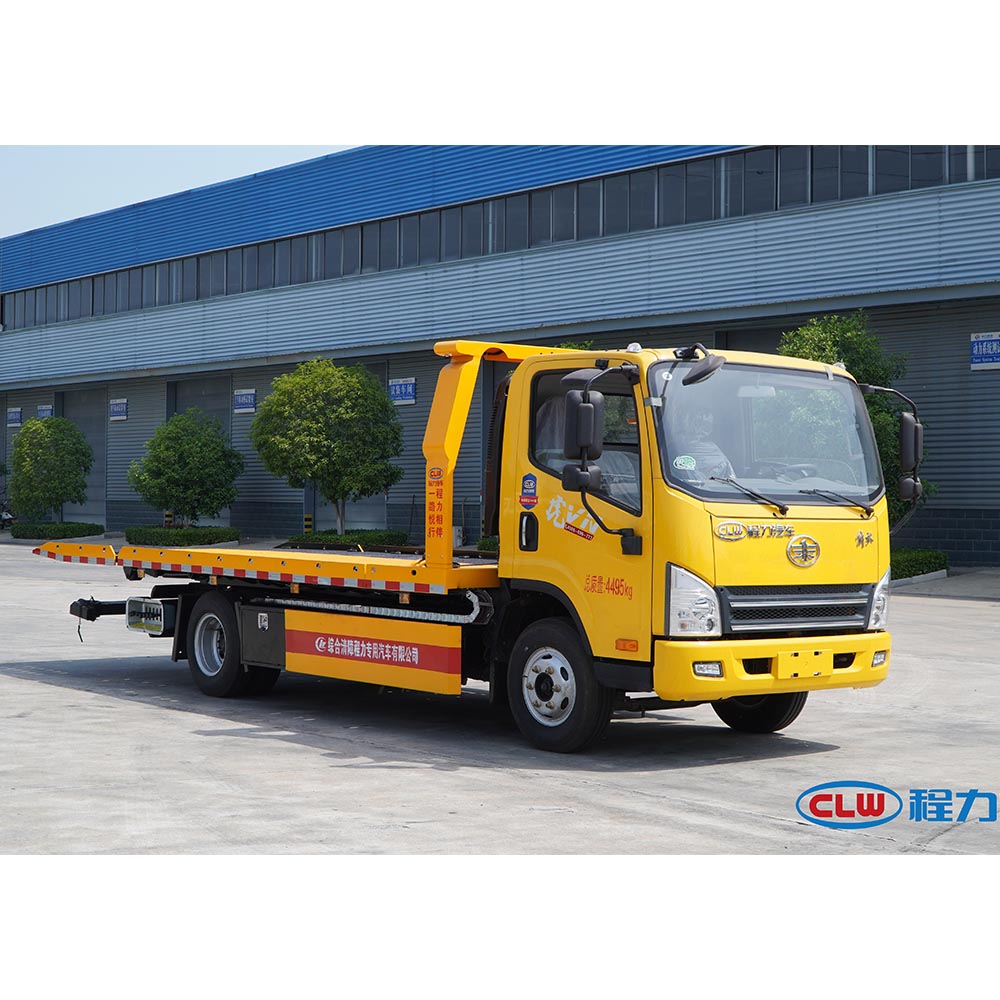
Мы надеемся, что эта статья ответила на все ваши вопросы о CDL требования, но если вы хотите узнать больше о грузовик Не стесняйтесь изучать другие статьи на нашем сайте, например, статью о Автозаправщик большой вместимости из углеродистой стали или Нефтевоз из алюминиевого сплава 25,5 м³или Электрический мусоровоз. Вы также можете найти Бренд Chengli чистый электрический подметальный грузовик или Автомобильный транспортер марки Chengli Heavy Industry интересно, и наш Мусоровоз со сжатым воздухом Chengliwei также стоит рассмотреть. Мы поможем вам принять это очень важное для вашего бизнеса решение, чтобы вы нашли подходящий вариант. грузовик который соответствует вашей конкретной ситуации.

